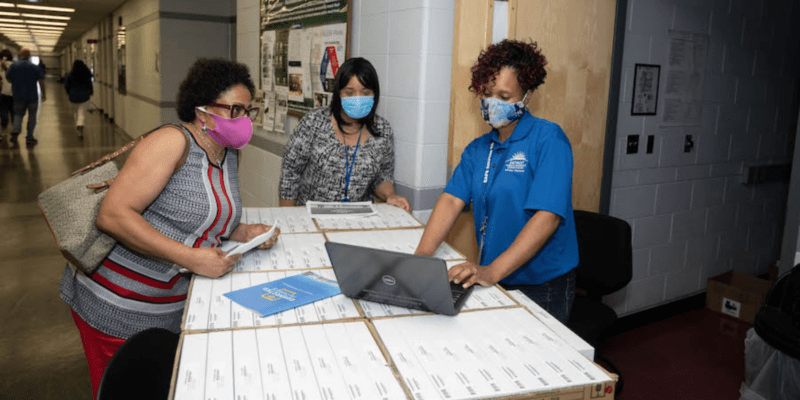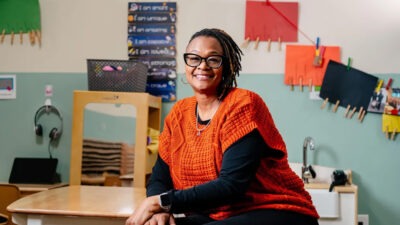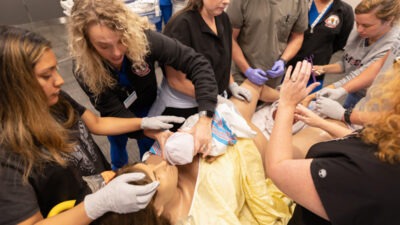When districts across the country scrambled to build digital learning programs at the beginning of the pandemic, the deep line of the digital divide suddenly came into even starker contrast, especially in metropolitan Detroit.
While many of the suburban districts surrounding the city had already begun utilizing devices and the internet to enhance learning pre-pandemic, switching to digital learning wasn’t an option for most of the 51,000 students in the Detroit Public Schools Community District (DPSCD) in March 2020. An estimated 85 to 90% of DPSCD students lacked the devices and internet access essential to continue learning.
A $23 million investment, including support from the Kellogg Foundation, launched a new initiative called Connected Futures. Connected Futures provided more than 44,000 DPSCD students and families with wireless tablets and internet access for in-home use beginning in the summer of 2020. The program expanded in March 2021 to provide devices to new kindergarten and 9th-grade students.
In addition, the initiative allowed DPSCD to provide direct resources to families. Technology and Resource hubs, launched throughout the city, offered digital device troubleshooting, repair, replacement and online learning support.
The Connected Futures Project, initially created by the Detroit Branch of the NAACP in partnership with DTE Energy, grew to become composed of leaders from municipal government, local businesses, and various community-based organizations. It demonstrated how public and private partners could come together to address a critical need.
As students return to in-person classes and the need for digital learning wanes, Connected Futures is now focusing on implementing a sustainability model to ensure future students have access to low-cost devices and internet connectivity for long-term success. For DPSCD, that means building lifelong learners ready for a global economy and ready to be agents of meaningful change.
Read More about Connected Futures








Comments